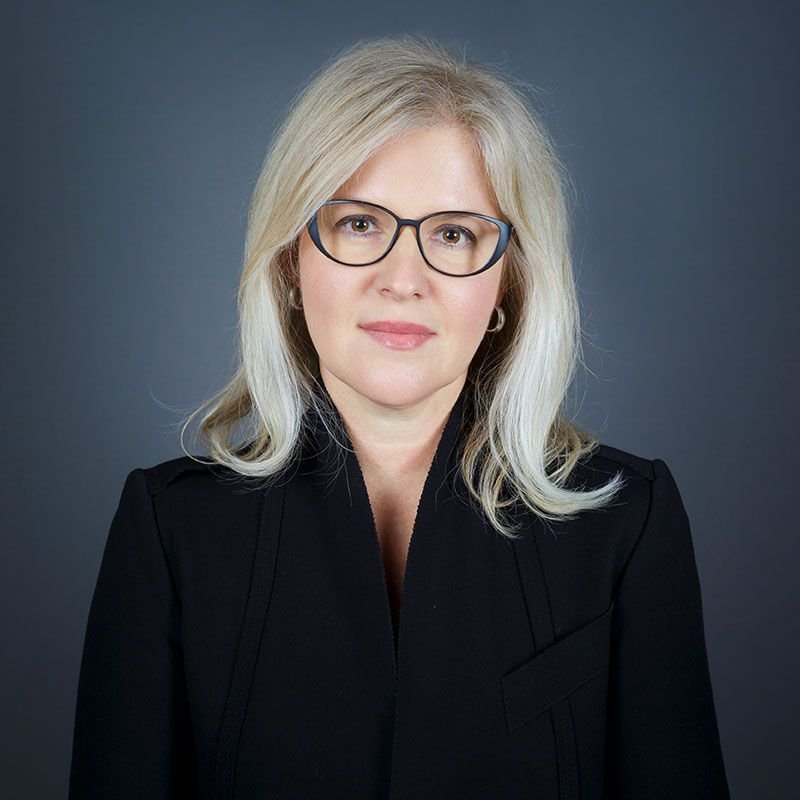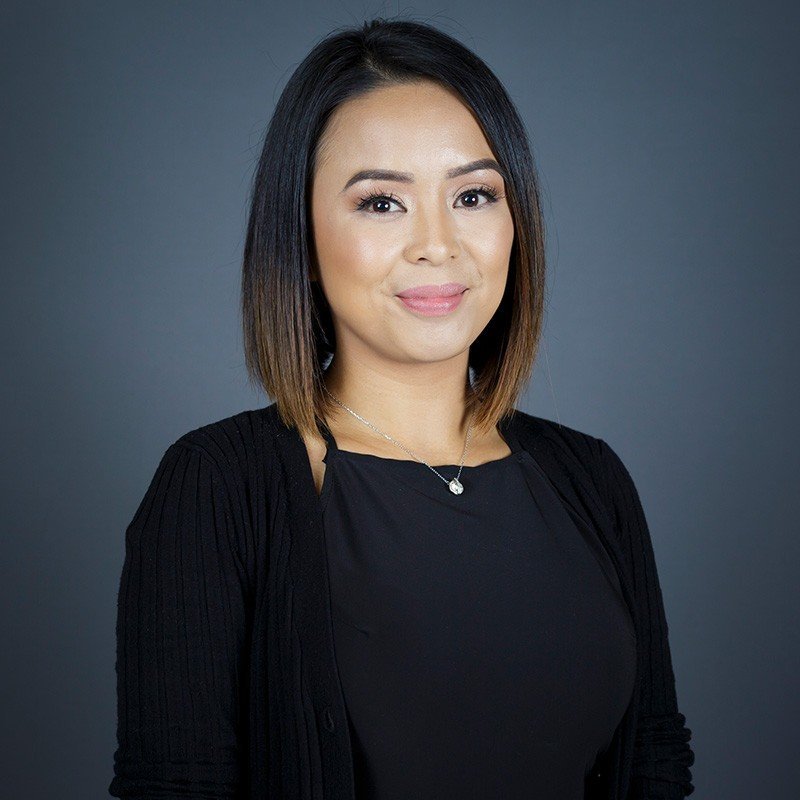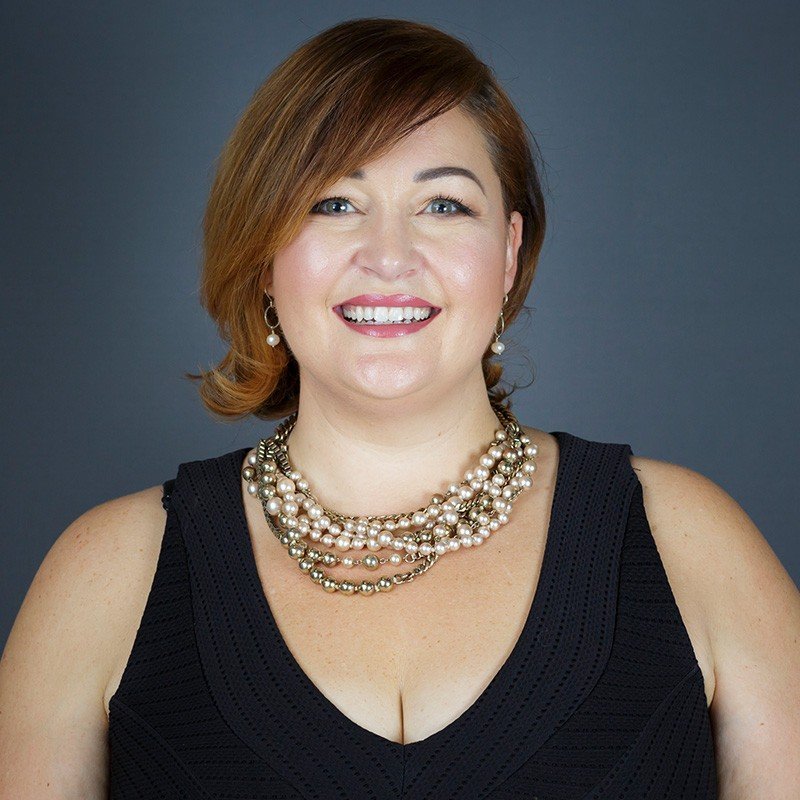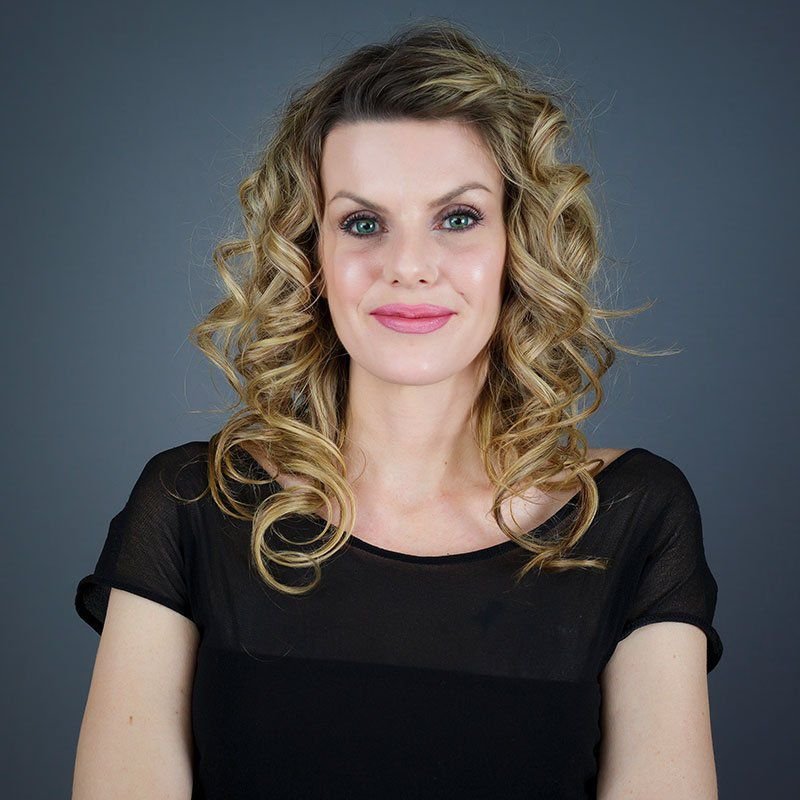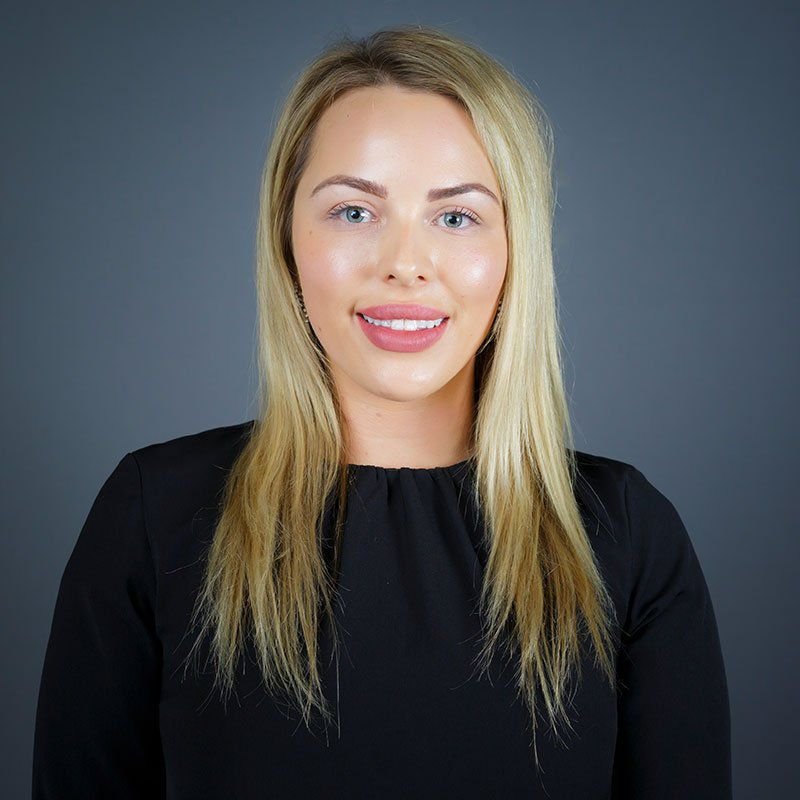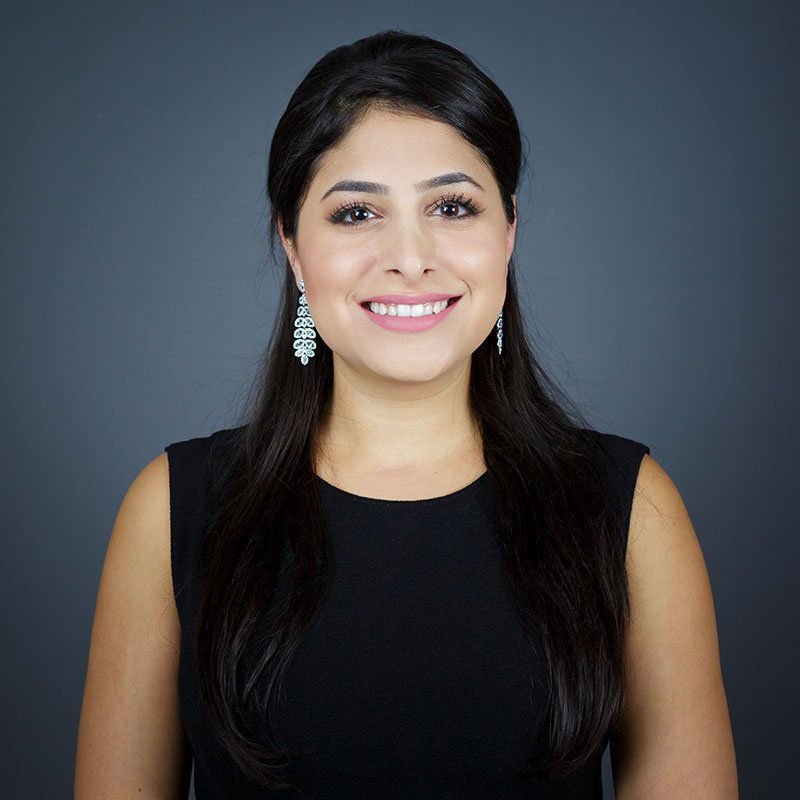Can I Travel After My Rhinoplasty in Toronto?
LEARN MORE ABOUT RHINOPLASTY PROCEDURES
Toronto rhinoplasty patients come from near and far. Some people travel out of province, or even out of the country to visit expert rhinoplasty surgeons. A common question related to post-operative restrictions is, when can I fly after my procedure? You may be aware that there are some guidelines for activity and travel after cosmetic surgery, but do you know why these are important? We’ll explain the effects flying can have on rhinoplasty recovery, and let you know what the general recommendations are for safety and comfort.
Flying home after rhinoplasty
Depending on the length of your procedure and your whole health picture, you may be permitted to fly as soon as one week after your surgery. We recommend that you discuss your travel plans in detail with your surgeon before booking. They’ll have a better understanding of how your unique procedure details influence restrictions. If they recommend a longer wait due to the length of the flight or concerns about your safety, it will be best to have some flexibility in your flight schedule to accommodate that.
Commonly referred to as a nose job, nasal surgery allows a person to change the size of their nose, change the shape of the tip or bridge, narrow the span of the nostrils, or change the angle between the nose and the upper lip. Dramatic improvements to facial proportion and harmony of features are achieved through meticulous and subtle adjustments. In the hands of a skilled and experienced facial cosmetic surgeon, a person’s appearance can be improved without it appearing obvious they had surgical modifications. learn more.
Flying Too Soon After Rhinoplasty in Toronto
If you fly too soon, what’s the concern? The risk your surgeon will be most concerned with is bleeding. Postoperative bleeding after rhinoplasty should be minimal but seeping or oozing from the nostrils is common for a day or two. While your body is naturally clotting and repairing blood vessels, no dramatic shifts in blood pressure or gravity should occur to disrupt the process. That’s why bending over or working out are not permitted, and why cabin pressure in an aircraft is a concern. If for some reason you are at a higher risk for bleeding, or blood clots, you’ll be asked to wait at least a few days and perhaps a week or more.
Also, pressure changes while flying can increase the swelling in your facial tissues. Rather than pain, the most common reported symptoms post-rhinoplasty are swelling and facial pressure. These sensations can be annoying to deal with and thankfully, improve a lot after one week. If you take a long flight within those early days, you might find swelling is more severe and prolonged.
After undergoing general anesthetic, some patients experience nausea and dizziness for a couple of days until the medication is cleared from their system. You may be eating less than usual due to loss of appetite or vomiting. Being trapped on an airplane while nauseous can be a miserable experience, so allowing a few extra days of buffer to feel well is ideal.
Dry, recirculated air can negatively affect sinuses and nasal passages even without surgery. Flying could increase your risk of infection as re-circulated air may expose your nostrils to airborne bacteria. The mucous membranes will be inflamed and dry, though most inflammation resolves after 7-10 days. Your surgeon will likely prescribe an antibiotic to help keep you safe, but your comfort and immunity will be a concern too.
Post-operative appointments are a must for safe healing. If you’ve travelled to see your surgeon, they’ll likely request that you stick around for at least 4-5 days so you can have any splints or stitches removed, and so your progress can be adequately assessed. You’ll appreciate having your surgeon nearby for advice and reassurance. We recommend that you book accommodations long enough to attend your post-op appointments and be cleared by your rhinoplasty surgeon before leaving.
Planning a vacation?
If you’re local to Toronto, rhinoplasty may be something you schedule at the start of a vacation. People often ask if they can take off to enjoy a relaxing location while they heal. It’s essential to be realistic about what you can and can’t do during recovery. Your vacation will need to be tailored for safe healing, which means no strenuous activity, no swimming and no sun exposure for your nose. Given the swelling, temporary bruising and restrictions you’ll have, only the most gentle, low-key vacation would be appropriate.
If you have questions, we’re happy to help. Contact Verso Surgery Centre today.
Are you ready for your closeup?
Take the first step and get in touch with us. Find out what we can do to restore your youthful appearance & confidence.








